CBD for Eczema
Do you suffer from eczema? Then try a CBD balm. A cream containing CBD actually has a soothing and healing effect on the skin.
The effect of CBD skin cream is because the skin contains receptors of the endocannabinoid system. How this works exactly, we will tell later in this article. However, first, we need to determine what we actually mean when we talk about eczema.
Home: CBD for Eczema
Estimated reading time: 10 minutes
What is eczema?
Inflamed skin is the main characteristic of eczema. Red patches with skin flakes and itching are the usual way this shows. However, exactly what the eczema patches look like and how badly it itches can vary from case to case. This is because there are many different forms of eczema with different causes.
There are 7 different eczemas:
- Atopic dermatitis.
- Contact dermatitis.
- Neurodermatitis.
- Dyshidrotic eczema.
- Nummular eczema.
- Seborrheic dermatitis.
- Stasis dermatitis.
Atopic Dermatitis
Atopic dermatitis (AD) affects over 3.6 million children and 11.5 million adults in the UK. It's a chronic illness that flares up over time and can overlap with other eczema forms.
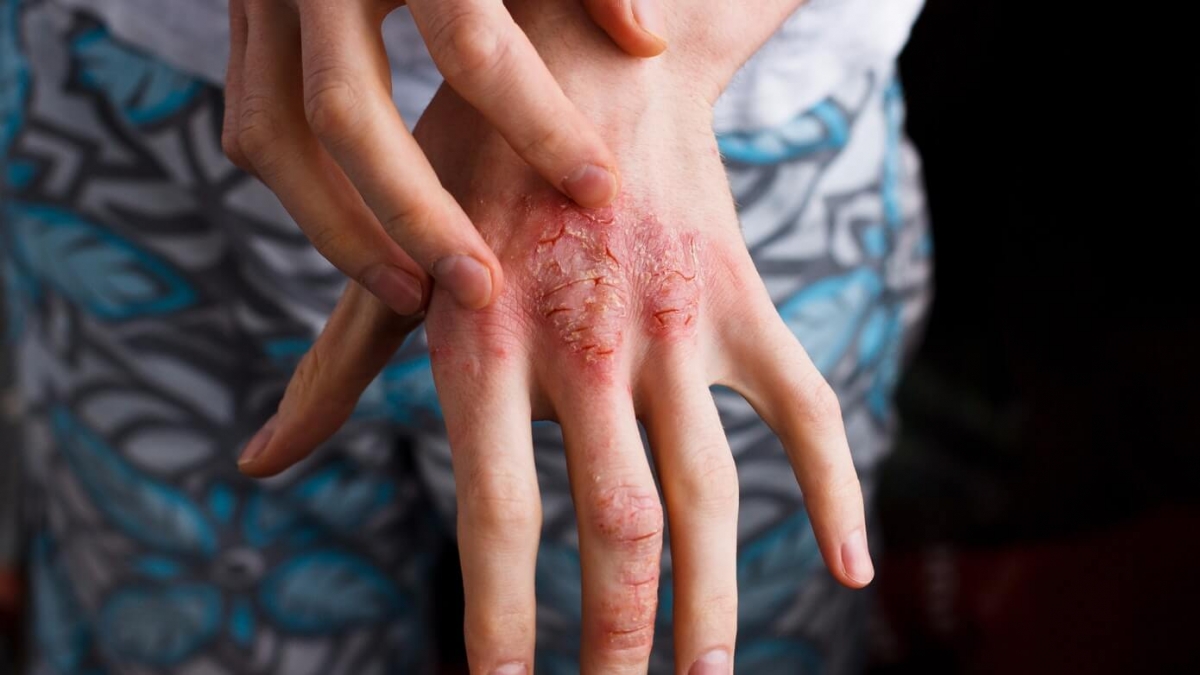
The immune system becomes dysfunctional and hyperactive in AD patients for unknown causes. Dry, itchy, and rashy skin, with darker skin tones showing purple, brown, or grayish rashes and lighter skin tones showing red rashes.
Some persons with eczema, especially atopic dermatitis, have a mutation in the gene that makes filaggrin. FILAGGRIN is a protein that aids in the maintenance of a healthy protective barrier on the epidermis. Without enough filaggrin, moisture can escape and bacteria, viruses, and other pathogens can enter. This is why many people with AD have dry, itchy skin.
Contact dermatitis
After coming into contact with a material that causes an allergic reaction, the skin becomes irritated or inflamed, resulting in contact dermatitis. Some of the symptoms are similar to those of the other six forms of eczema. However, unlike atopic dermatitis, the most common and difficult-to-treat form of eczema, it does not run in families and is not associated with other allergic diseases like hay fever or asthma.
Neurodermatitis
Intense itching — and the scratching it causes — leads to the symptoms of neurodermatitis, a common type of eczema that affects about 12% of the population.
Unlike atopic dermatitis, which can be widespread, neurodermatitis is usually confined to one or two patches of skin. It rarely goes away without treatment, and continued scratching can irritate nerve endings in skin, intensifying both itching and scratching.
Dyshidrotic eczema
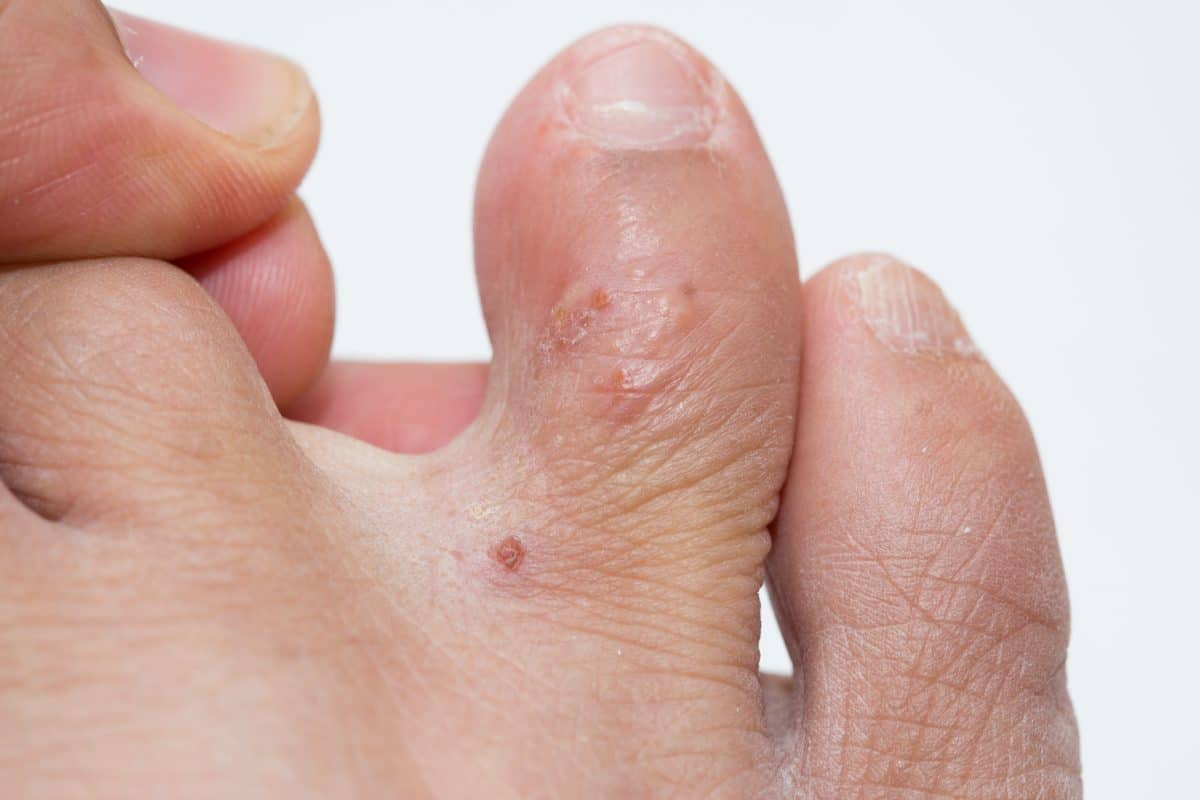
On the palms of the hands, the soles of the feet, and the margins of fingers and toes, small, very itchy blisters appear, accompanied by a burning sensation. Dyshidrotic eczema is not well understood, however, it is more common in those who have another type of eczema and tends to run in families, suggesting a hereditary component.
Nummular eczema
Nummular eczema, also known as discoid eczema and nummular dermatitis, is characterized by scattered circular, itchy, and occasionally oozing patches. The term “nummular” is derived from the Latin word for “coin,” as the spots on the skin can resemble coins.
This kind of eczema can occur at any age, and males are more likely than females to develop it. Its causes are unknown, but triggers can include extremely dry or sensitive skin, as well as skin trauma from insect bites, scrapes, or chemical burns.
Some other types of eczema and their triggers, such as contact dermatitis and nickel, can also cause nummular eczema. When it appears on the legs, it may be due to poor blood flow in the lower body and the stasis dermatitis caused by these circulation issues.
Seborrheic dermatitis
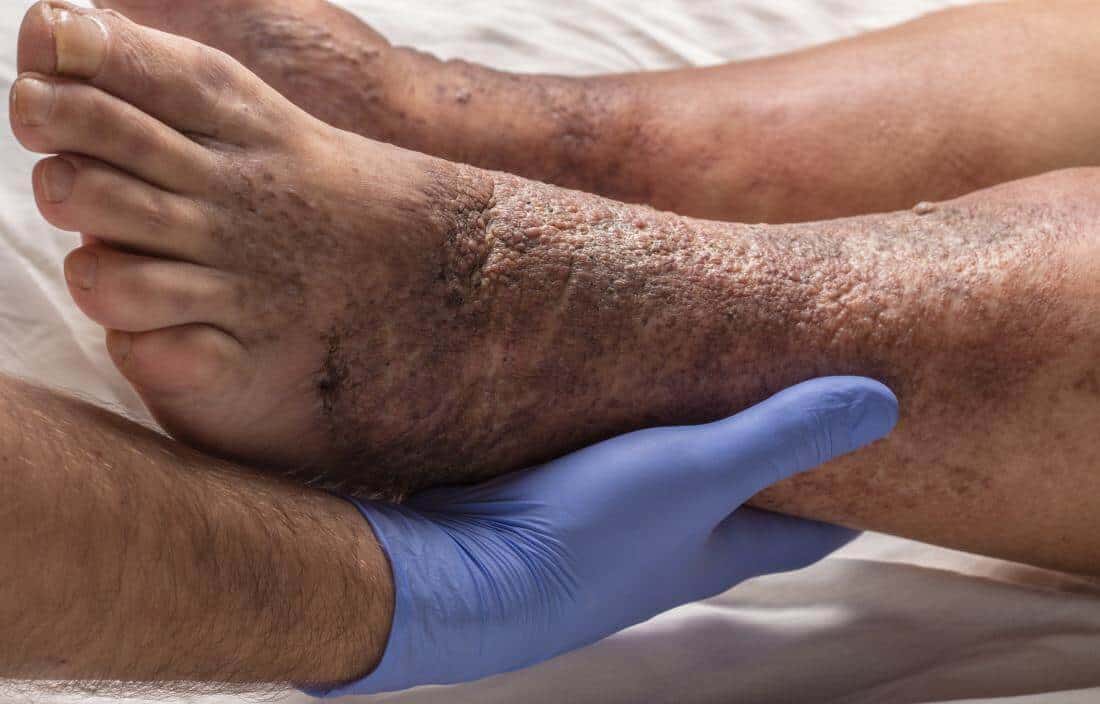
Considered a chronic form of eczema, seborrheic dermatitis appears on the body where there are a lot of oil-producing (sebaceous) glands like the upper back, nose, and scalp.
Stasis dermatitis
When there is venous insufficiency, or poor circulation in the lower legs, stasis dermatitis, also known as gravitational dermatitis, venous eczema, and venous stasis dermatitis, develops. When the valves in leg veins that assist push blood back to the heart fail and leak fluid, this is known as venous insufficiency. Water and blood cells can pool in the lower legs as a result of this.
Venous insufficiency can be due to age, but it can also be an indication of a serious underlying medical problem such as heart or renal illness.
Treatment of eczema
Treatment depends on the type of eczema you have. Sometimes it is simple: Against seborrheic eczema, there are fungicidal ointments that you can get through your doctor. With allergic contact eczema, it is enough to avoid contact with the substance you are allergic to.
However, it becomes more difficult with more chronic forms of eczema. You simply cannot change your DNA to cure constitutional eczema. Unfortunately, you cannot reverse the ageing process to cure cracked eczema.
With more chronic forms, however, you can often reduce the risk of developing eczema patches. And you can counteract the symptoms. In both, CBD Healing Balm can play a supportive role.
CBD balm vs. Eczema Patches
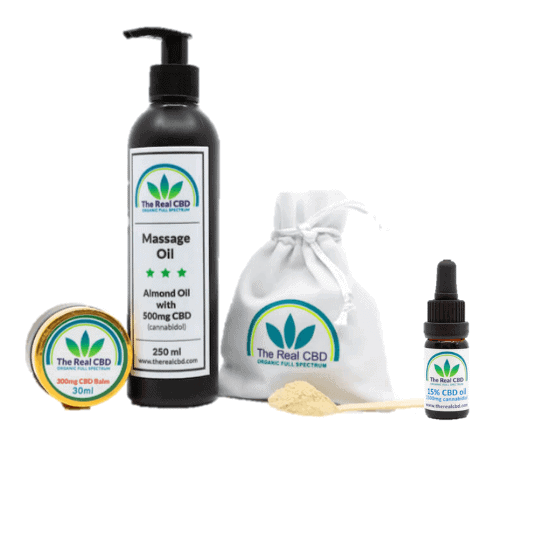
Inflamed skin is the main feature of basically all types of eczema. Now, there is evidence that CBD has an anti-inflammatory effect. For this reason, a skin cream containing CBD can work well against eczema patches.
Furthermore, CBD balm can help balance the cell division of skin cells. Indeed, in many forms of eczema, disrupted cell division is the direct cause of the appearance of eczema patches.
CBD oil for a healthy body
Although eczema is a skin condition, it usually starts in the body. For example, there is a link between constitutional eczema and autoimmune diseases. This could mean that strengthening the immune system reduces the risk of eczema patches.
Now CBD is known to strengthen the immune system. For this reason, CBD oil could help reduce the risk of eczema patches.
This is just one example. The bottom line is: a healthy body and a healthy mind reduce the risk of eczema. CBD oil can help with that.
How does CBD work against eczema?
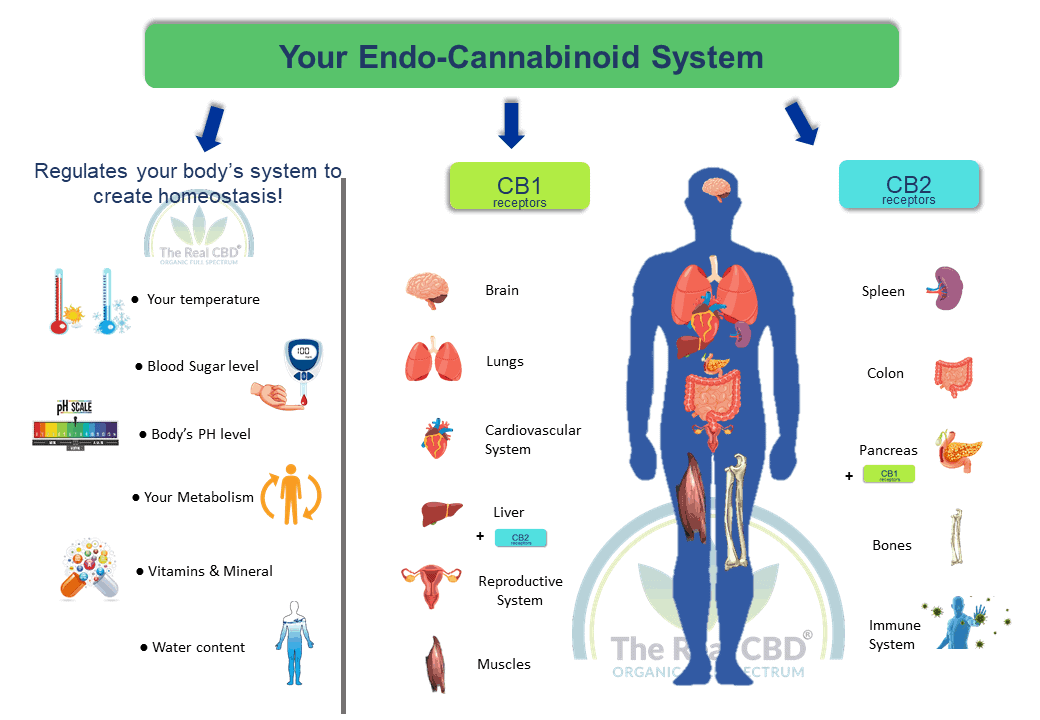
The fact that CBD works both in the body and on the skin is due to a body system known as the endocannabinoid system. For ease of reference, we will abbreviate this further here as ECS.
First and foremost, the ECS consists of the receptors CB1 and CB2. The receptor CB1 is mainly found in the nervous system and the brain. The receptor CB2 is found everywhere in the body. CB2 receptors are also found in the skin.
Now the body makes substances that attach to these CB1 and CB2 receptors. This attachment triggers a biochemical reaction that in turn affects other body systems. For example, the ECS affects the immune system, the perception of pain, and the division of skin cells.
In addition to body substances (endocannabinoids), the ECS also responds to certain substances from the cannabis plant (cannabinoids). The best-known cannabinoids are cannabidiol (CBD) and tetrahydrocannabinol (THC).
When you apply CBD balm or THC salve to the skin, the CBD or THC present (or both) penetrates the receptors, activating the ECS. When you take CBD oil or THC oil orally, the cannabinoids present have a more holistic effect.
CBD oil has the advantage that you absolutely cannot get high from it. That risk does exist with THC oil.
CBD-oil or THC-oil?
CBD binds to both the CB1 and CB2 receptors. THC attaches only to CB1 receptors. This means that CBD ointment is probably the most effective in treating eczema.

An additional benefit is that CBD products are completely legal. Unfortunately, this does not apply to THC-containing products. These are still prohibited by law.
Therefore, our advice is always to start with a CBD product first. If the desired effect is not achieved, you can always consider trying something with THC.
Scientific research
What we tell you above about the effects of CBD and THC products is partly based on user stories and partly on logical thinking. We are not aware of any medical research that specifically looks at the effects of CBD or THC on eczema.
However, in more general terms, the action of the ECS on the skin has been studied. On the website of the American National Centre for Biotechnology Information (NBCI), there is an extensive article discussing various studies.
After comparing several studies, the authors come to the following conclusion:
“Taken together, the main physiological function of the ECS appears to be constitutively controlling the proper and balanced proliferation, differentiation and survival, as well as immune competence and/or tolerance, of skin cells.”
In plain language, the ECS helps keep the skin healthy.
Trying CBD Healing Balm or CBD oil?
Would you like to try CBD Balm or CBD oil yourself for your eczema? Then have a look at our webshop. With us, you will find a wide selection of CBD products.
And if you still have questions, you can of course contact us. We will gladly help you further. Contact us on: [email protected]
-
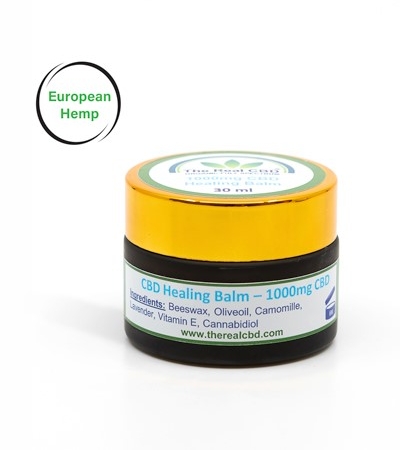 CBD Healing Balm 1000mg CBD€65.00
CBD Healing Balm 1000mg CBD€65.00 -
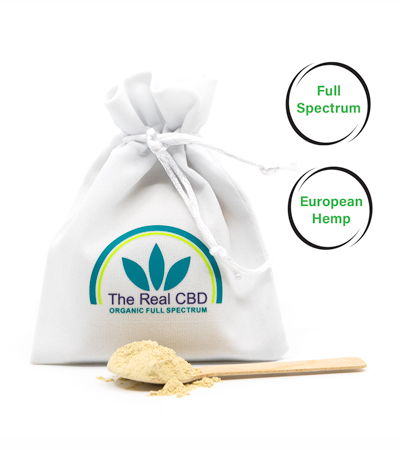 CBD Bentonite Clay Skin Mask€39.00
CBD Bentonite Clay Skin Mask€39.00 -
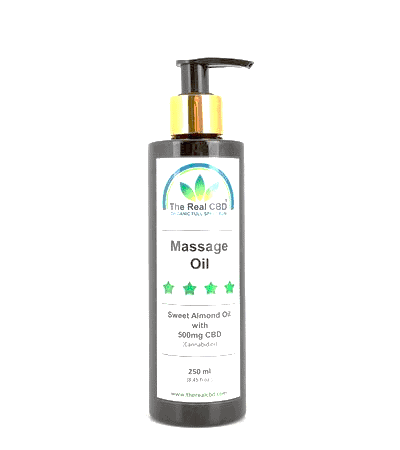 CBD Massage oil€40.00
CBD Massage oil€40.00 -
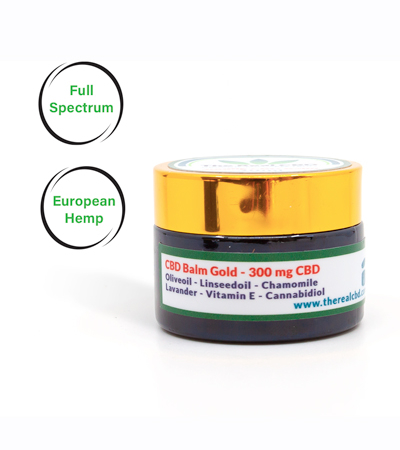 CBD Healing Balm 300mg CBD€35.00
CBD Healing Balm 300mg CBD€35.00 -
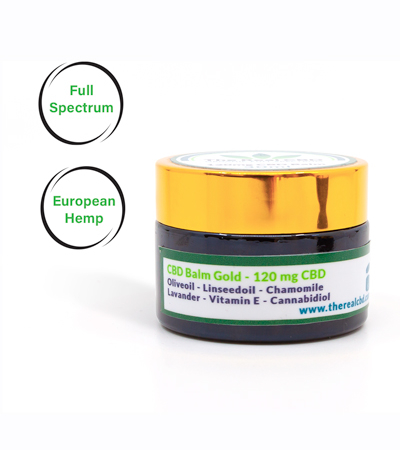 CBD Healing Balm 120mg CBD€25.00
CBD Healing Balm 120mg CBD€25.00
FAQ – CBD for Eczema
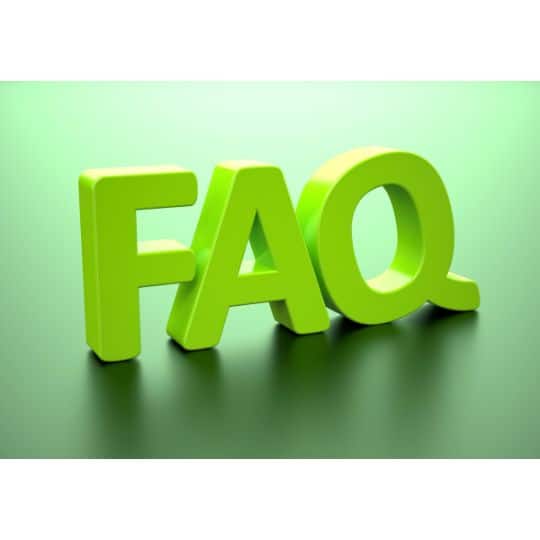
Yes, CBD may help with eczema. It's known for its anti-inflammatory properties and ability to help reduce irritation and redness associated with eczema. Many users report improvements in their symptoms after using CBD-infused products.
CBD can be applied topically as a cream, salve, or oil directly to the affected area. Look for products specifically formulated for eczema. Always start with a small amount to see how your skin reacts before using more.
CBD is generally considered safe for topical use and most people do not experience adverse effects. However, it's always possible to have a reaction to any new product, so it's a good idea to do a patch test first.
The time to see results can vary depending on the individual and the severity of the eczema. Some people may notice improvements within a few days, while for others it might take a few weeks of consistent use.
There's limited research on the use of CBD during pregnancy or breastfeeding. It's best to consult with a healthcare provider before starting any new treatment during these times.

I am a certified expert in Medicinal Cannabis. We are all about giving correct and trustworthy information. We know how important it is to learn about CBD and cannabis, which is why we want to be your go-to source for trustworthy information. We help you improve your health by using our knowledge and experience as a starting point.


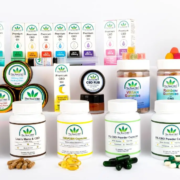

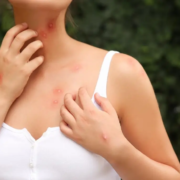


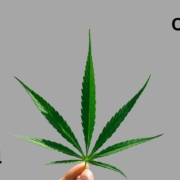
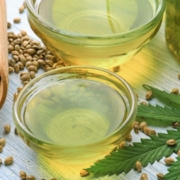





Leave a Reply
Want to join the discussion?Feel free to contribute!